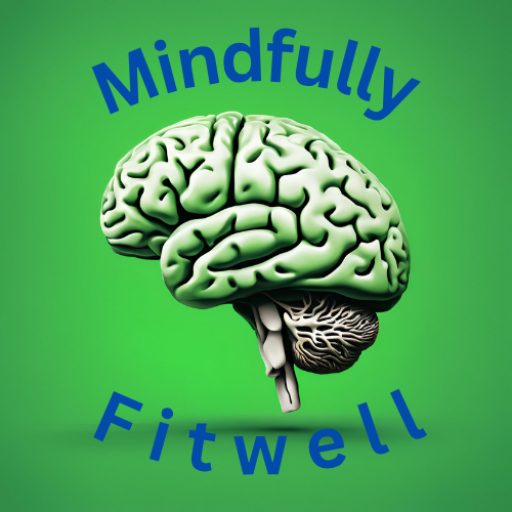Sleep is essential to our well-being, yet many of us struggle to get the restorative rest we need. Understanding the sleep cycle can unlock the secrets to better sleep and help you transform your nights into rejuvenating experiences. I remember a time when my erratic sleep left me feeling drained and unfocused—until I learned about the power of sleep cycles. This small shift in understanding made all the difference in reclaiming my energy and clarity. If you’re looking to deepen your understanding and take control of your rest, our Sleep Mastery Course is the perfect starting point. This course offers in-depth insights into the science of sleep, practical tools to build better habits, and strategies to overcome common barriers to restful nights.
What Is the Sleep Cycle?
The sleep cycle is a recurring pattern of brain activity that occurs as we rest. Each cycle lasts approximately 90 minutes and consists of several stages: Visualizing these stages as a flowchart or circular diagram can help you better understand how your body transitions through each phase, enhancing your comprehension of this vital process.
Stage 1: Light Sleep
This initial stage is the transition from wakefulness to sleep. Your muscles relax, your heartbeat slows, and you can be easily awakened.
Stage 2: Deeper Relaxation
Here, your body temperature drops, and your brain begins to produce sleep spindles—bursts of rhythmic activity that promote restfulness.
Stage 3: Deep Sleep
This stage is crucial for physical recovery. Your body repairs tissues, builds bone and muscle, and strengthens your immune system.
Stage 4: REM Sleep
REM (Rapid Eye Movement) sleep is the dream stage. It’s vital for cognitive functions like memory consolidation and emotional regulation.
Why Is the Sleep Cycle Important?
Each stage of the sleep cycle serves a unique purpose. Missing out on deep sleep or REM sleep can leave you feeling groggy and unfocused. To achieve optimal rest, it’s essential to complete several full cycles each night.
Tips for Better Sleep
Improving your sleep starts with understanding your habits and environment. Here are actionable tips to enhance your rest:
1. Maintain a Consistent Schedule
Go to bed and wake up at the same time every day, even on weekends. This helps regulate your body’s internal clock.
2. Create a Relaxing Bedtime Routine
Engage in calming activities like reading, meditating, or taking a warm bath to signal your body that it’s time to wind down.
3. Optimize Your Sleep Environment
- Keep your bedroom cool, dark, and quiet.
- Invest in a comfortable mattress and pillows.
- Minimize screen time before bed to reduce blue light exposure.
4. Watch Your Diet
Avoid heavy meals, caffeine, and alcohol close to bedtime. Opt for light, sleep-friendly snacks if needed.
5. Stay Active
Regular physical activity can improve the quality of your sleep. Aim for at least 30 minutes of moderate exercise most days, but avoid intense workouts close to bedtime.
The Role of the Sleep Mastery Course
Our Sleep Mastery Course dives deeper into the science of sleep, providing personalized strategies to help you:
- Identify and overcome common sleep barriers.
- Build habits that support a healthy sleep cycle.
- Understand how diet, exercise, and stress affect your rest.
By enrolling, you’ll gain access to expert insights, practical tools, and a supportive community committed to better sleep. Visit the course page directly to explore how it can transform your nights into truly restful experiences.
Common Questions About Sleep
How Many Hours of Sleep Do I Need?
While 7-9 hours per night is ideal for most adults, individual needs vary. Pay attention to how you feel after different amounts of rest to find your sweet spot.
What Happens If I Don’t Get Enough Sleep?
Chronic sleep deprivation can lead to health issues like obesity, diabetes, heart disease, and mental health challenges. It’s essential to prioritize rest.
Can Naps Help?
Short naps (20-30 minutes) can boost alertness and productivity. Studies show that these brief periods of rest allow your brain to reset and improve memory retention. For example, a NASA study found that pilots who took 26-minute naps improved their performance by 34%. Consider incorporating power naps into your routine to maximize energy levels, but keep them short to avoid disrupting nighttime sleep. Avoid long naps, as they may interfere with nighttime sleep.
Ready to unlock the full potential of your rest? Start your journey with the Sleep Mastery Course. Share this blog with friends and family who might also benefit from better sleep insights, and let’s make restful nights a priority for all.
Final Thoughts
Mastering your sleep cycle is the key to better physical health, sharper mental clarity, and a more balanced emotional state. With the right tools and knowledge, you can achieve the restful nights you deserve. Don’t wait—take the first step today.

